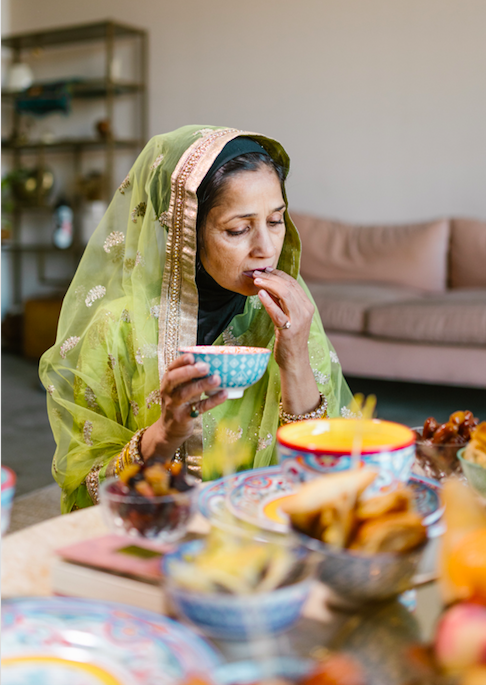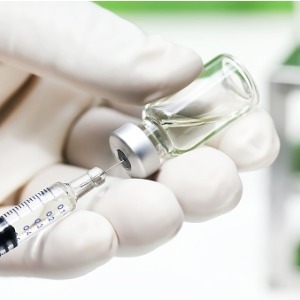Ramadan Fasting Tips
One of the most anticipated periods of the year for Muslims all across the world is Ramadan. It’s a time for joy, spiritual development, and priceless quality time with loved ones. And then there is all the wonderful cuisine.

Our bodies’ innate capacity to defend themselves against viruses, bacteria, fungus, and other environmental poisons is known as the immune system. Fortunately, extended fasting may rejuvenate the immune system, and several studies have demonstrated that this can help the body fight infections by regenerating old or damaged white blood cells.
Thus any virus may be fought off with effective preventative methods including maintaining excellent cleanliness and a robust immune system. Modern fitness regimens and healthy eating are crucial components in promoting immune function.
Despite the fact that several studies have proven that fasting or reducing our calorie intake helps strengthen our immune systems, it is crucial to eat enough food when fasting during Ramadan. Sugar and unhealthy fat-rich diets can deprive our bodies of the sufficient and balanced nourishment they need.
Thus, use these professional fasting advice to be healthy and immune during this holy month of ramadan.

- Every day, consume fresh foods like fruit, vegetables, legumes, lentils, whole grains like quinoa, wheat, brown rice, oats, and maize, dairy products, and lean protein options like eggs, poultry, fish, and meat.
- Use packaged and processed foods that are high in salt and sugar sparingly.
- Reduce your consumption of red meat as much as you can because it raises the risk of inflammation.
- Eat enough fruit and vegetables each day that are high in Vitamin C, one of the most well-known immune boosters, such as strawberries, red peppers, kale, and broccoli.
- Incorporate essential nutrients in your diet, such as foods high in vitamin B, such bananas, green vegetables, and hummus, which promotes the immune system’s biochemical processes.
- Eat vitamin E-rich foods, such as nuts and seeds, to help your body fight infections. These foods are considered to be effective antioxidants. Choose foods like oily fish and seafood that are high in omega-3 fatty acids.
- Consume iron-rich foods like beef. The vital nutrient protein, which is derived from amino acids and aids in the growth and repair of bodily tissues, is also abundant in chickpeas.
Additionally,
- Fried dishes and sweet sweets should be swapped out for healthier options. Use healthy cooking techniques including steaming, baking, sautéing, and stir-frying. Snack on fresh or dried fruit or nuts.
- While cooking, use little to no salt and season instead using herbs, spices, lemon, and other ingredients.
- Eat sufficient amounts of lean protein to maintain muscle mass along with a wide variety of fruits, vegetables, lentils, and fiber-rich foods to promote healthy digestion.
- For Iftar and Suhoor meals, stay away from fatty and sweet foods since they impair immunity.
- Increase your intake of garlic, which has a high concentration of chemicals that include sulfur and promotes immunity.
- Overcooking can cause vegetables can lose flavor, color, and nutrition .
- For hydration, consume a lot of water and choose for low-fat dairy, herbal teas, and soups.
- Every 24 hours, try to obtain at least eight hours of sleep. Your concentration will improve and you’ll have more energy throughout the day. A well-rested body and mind will grow back your immunity.
- Keep moving whenever you can by working out frequently or doing stretches. The two most crucial components in promoting immune function are contemporary fitness training and healthy eating.







